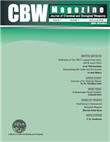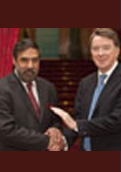Obama’s Visit and the Nuclear Conundrum
The joint statement on nuclear issues reflects the combined endeavour of the two countries to find a new common ground, though the final outcome reflects the struggle of the traditional contending approaches of India and the United States.
- Rajiv Nayan |
- November 12, 2010 |










